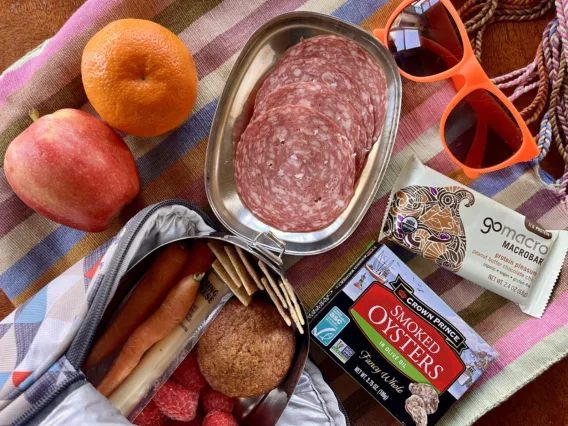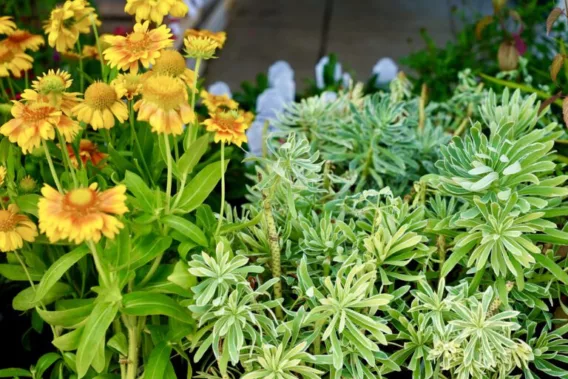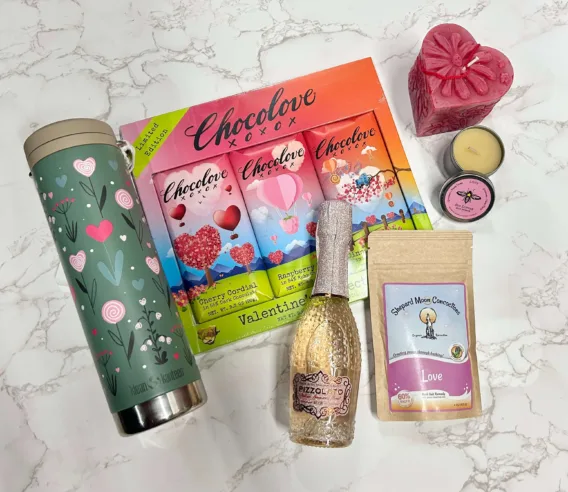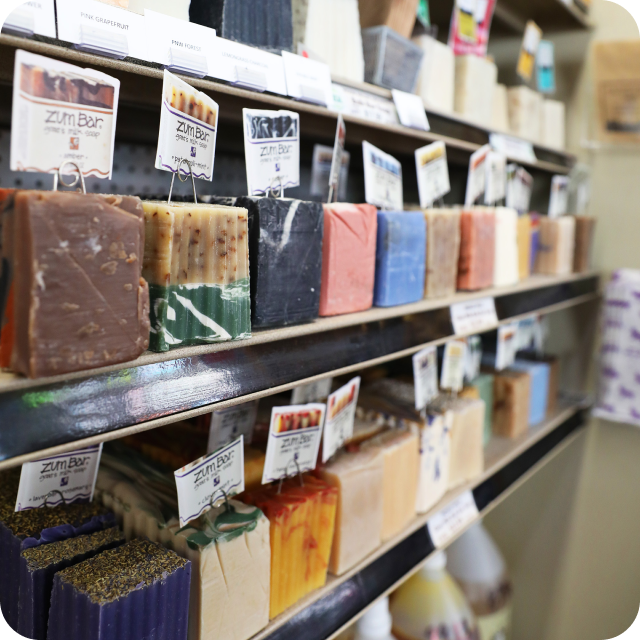
Wellness Inside and Out
Our health and beauty department offers a diverse line of carefully selected health, body care, and facial products. We carefully assess the companies we do business with. We have high standards for our products such as compliance with Good Manufacturing Practices, no excessive inert ingredients, no heavy metals, and more. We welcome your questions. The goal of our knowledgeable staff is to empower you with the information to make your own decisions.
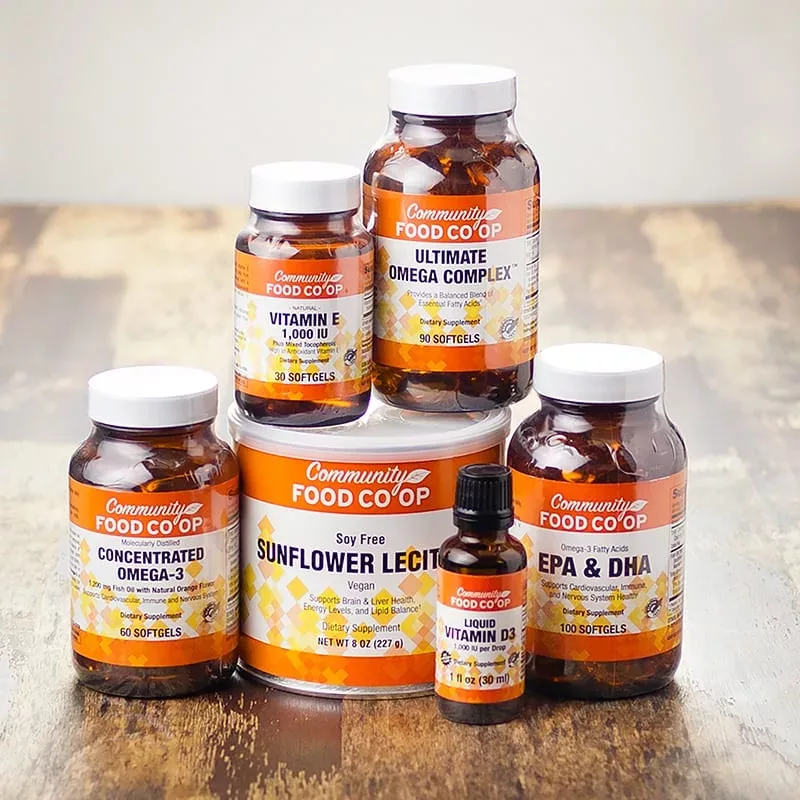
High-Quality Supplements
In addition to our private label line of high-quality supplements, we carry other popular supplement brands including New Chapter, Natural Factors, Nordic Naturals, Carlson Labs, Solaray, and Rainbow Light.
We have baseline requirements that products are compliant with Good Manufacturing Practices, efficacious, follow label claim laws, are free of excessive inert ingredients, and contain no heavy metals, PCBs or other toxins.


